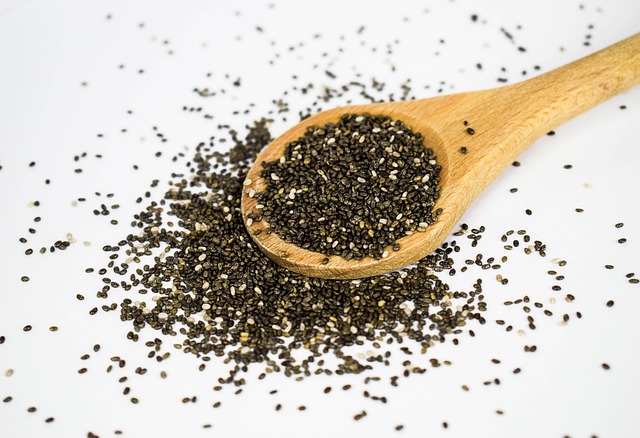Omega-3 fatty acids are a type of polyunsaturated fatty acid that is essential for human health. Unlike other types of fats, the body cannot produce omega-3 fatty acids on its own, which means that they must be obtained through diet or supplements. Omega-3s are vital for maintaining good health and are known to provide various benefits for the human body. In this article, we will explore what omega-3 fatty acids are, their various health benefits, recommendations for incorporating them into your diet, and the top 7 foods and 2 supplements to help you meet your recommended daily intake.
What are Omega-3 Fatty Acids?
Omega-3 fatty acids are a type of fat that are typically found in marine sources such as fish, algae, and krill. They are comprised of three primary types: alpha-linolenic acid (ALA), eicosapentaenoic acid (EPA), and docosahexaenoic acid (DHA). ALA is found in plant sources such as flaxseed, chia seeds, and walnuts, while EPA and DHA are found in cold-water fish such as salmon, tuna, and mackerel.
Health Benefits of Omega-3 Fatty Acids
- Reduces the risk of heart disease: Omega-3 fatty acids can help lower blood pressure, reduce triglycerides, and prevent the buildup of plaque in arteries, all of which contribute to reducing the risk of heart disease.
- Supports brain health: DHA, in particular, is essential for brain health and cognitive function. It is particularly important during fetal development and early childhood as it contributes to healthy brain development.
- Reduces inflammation: Omega-3s have anti-inflammatory properties, which means they can help reduce inflammation in the body. This can be particularly helpful for people with chronic inflammatory conditions such as arthritis.
- Improves eye health: DHA is an important structural component of the retina and is essential for eye health. A diet high in omega-3s may help reduce the risk of macular degeneration and other eye diseases.
- Promotes healthy skin: Omega-3s can help keep the skin hydrated and supple, which can help prevent wrinkles and other signs of aging.
Recommendations to Incorporate Omega 3 into Your Diet
The American Heart Association recommends consuming at least two servings of fatty fish per week to meet your omega-3 needs. This equates to approximately 500 milligrams of EPA and DHA per day. If you don’t eat fish or prefer to supplement, the following are some of the top omega-3-rich foods and supplements to incorporate into your diet:
- Fatty fish: Salmon, tuna, mackerel, sardines, and trout are all excellent sources of EPA and DHA.
- Chia seeds: Chia seeds are an excellent source of ALA, and they can easily be added to smoothies, oatmeal, or yogurt.
- Flaxseed: Like chia seeds, flaxseed is a great source of ALA, and it can be easily added to baked goods or smoothies.
- Walnuts: Walnuts are a good source of ALA, and they make a great snack. Read more about health benefits of walnuts.
- Fish oil supplements: If you don’t eat fish, taking a fish oil supplement can help you meet your omega-3 needs. Look for a supplement that provides at least 500 milligrams of EPA and DHA per serving.
- Algae-based supplements: Algae-based omega-3 supplements are a good option for vegans or vegetarians who don’t eat fish.
- Cod liver oil: Cod liver oil is a supplement that is high in both EPA and DHA. It is derived from the liver of codfish and is an excellent source of vitamin D as well.
- Krill oil supplements: Krill oil is another type of omega-3 supplement that is high in EPA and DHA.
It’s important to note that while supplements can be a convenient way to ensure you’re getting enough omega-3s, it’s always best to get your nutrients from whole foods whenever possible. Additionally, if you’re pregnant or nursing, you should talk to your doctor before taking any supplements.
Conclusion
Omega-3 fatty acids are essential for maintaining good health and are associated with numerous benefits for the human body. They are particularly important for heart health, brain health, and reducing inflammation. Incorporating fatty fish, nuts, and seeds into your diet, or taking a high-quality omega-3 supplement can help you meet your daily needs. Remember, it’s always best to get your nutrients from whole foods whenever possible, and if you have any questions or concerns, it’s always a good idea to talk to your doctor or a registered dietitian.


Leave a Reply